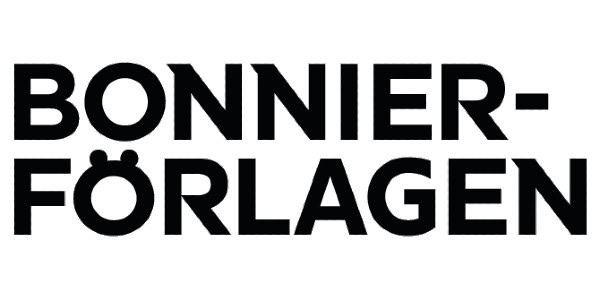
Hegemony and the Intellectual Function

| Serie | Lund Dissertations in Sociology |
|---|---|
| Författare | |
| Förlag | Media-Tryck |
| Genre | Samhälle, politik och debatt |
| Format | Häftad |
| Språk | Engelska |
| Antal sidor | 338 |
| Vikt | 754 gr |
| Utgiven | 2017-12-04 |
| ISBN | 9789177534716 |
How can the apparently far-fetched utopian beliefs of a few marginalised ideologists become the frame of reference for all public discourse in a short period of time? Certain ideas come to dominate an entire debate, time, or society and become an accepted truth through processes of naturalisation. Different active practices and processes contribute in making particular perspectives gain interpretive privileges: arguments resonate, concepts stick, and ideologies become common sense. Ideas and meanings are disseminated, inscribed, and institutionalized in the social world with far-reaching consequences. The question is how. How does one go about setting the agenda that shapes the debate?
This dissertation is a contribution to the theoretical development concerning hegemony and the intellectual function. To make sense of meaning-making struggles, dominance, and interpretative privilege in the debate, the notion of “intellectuals” is reconceptualised through a critique of conventional perspectives and an empirically grounded analysis. The analysis is focused on utterances in the medialised debate on privatisation in Sweden during the crisis years of 1988 to 1993, and conducted with inspiration from post-Marxist discourse theory and rhetorical political analysis. By examining the processes, practices, and strategies involved, the study shows how a hegemonic struggle unfolds around the meaning of “privatisation”.





















